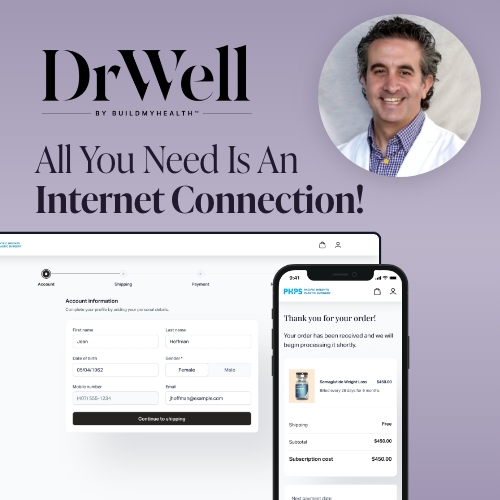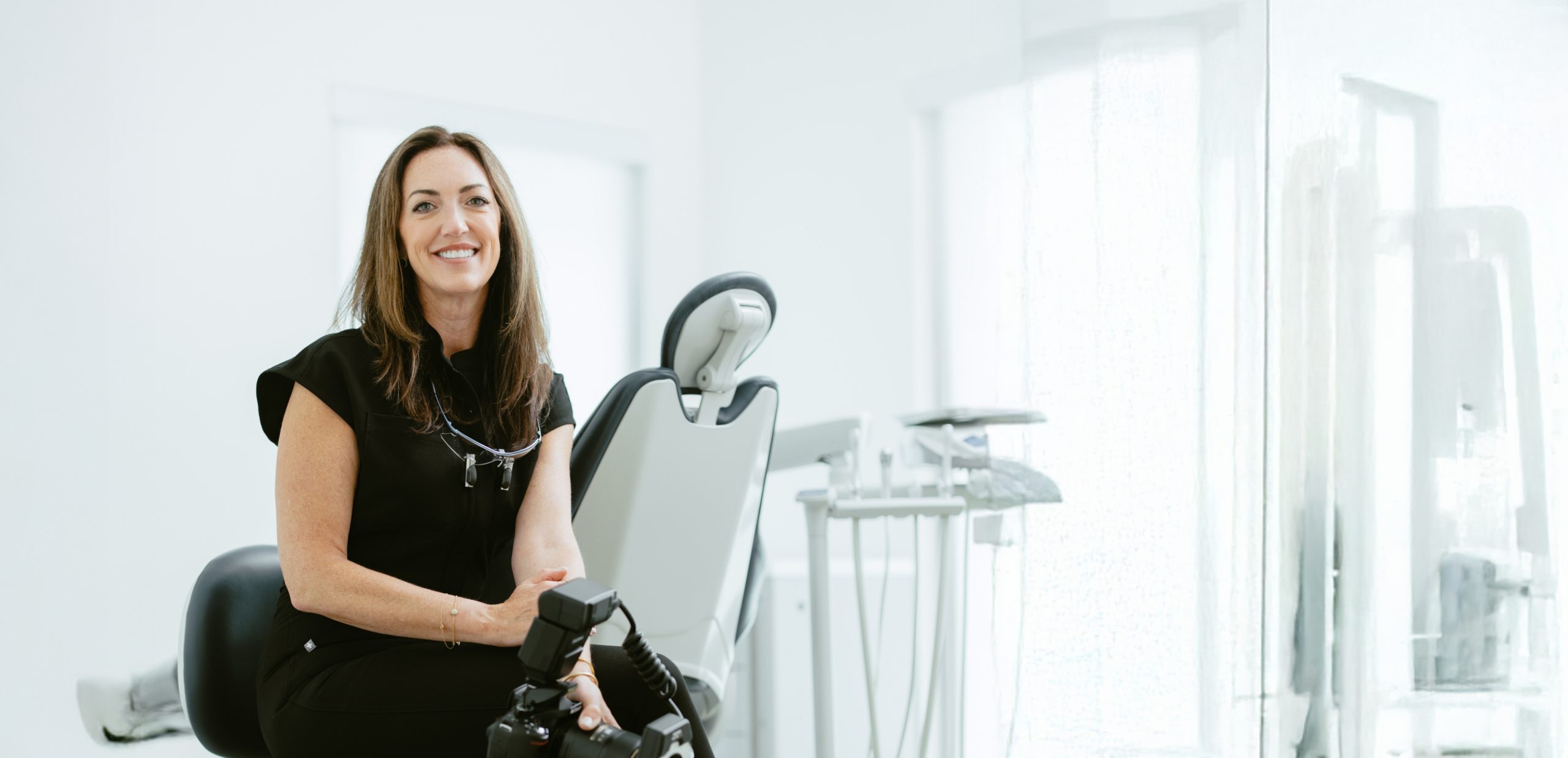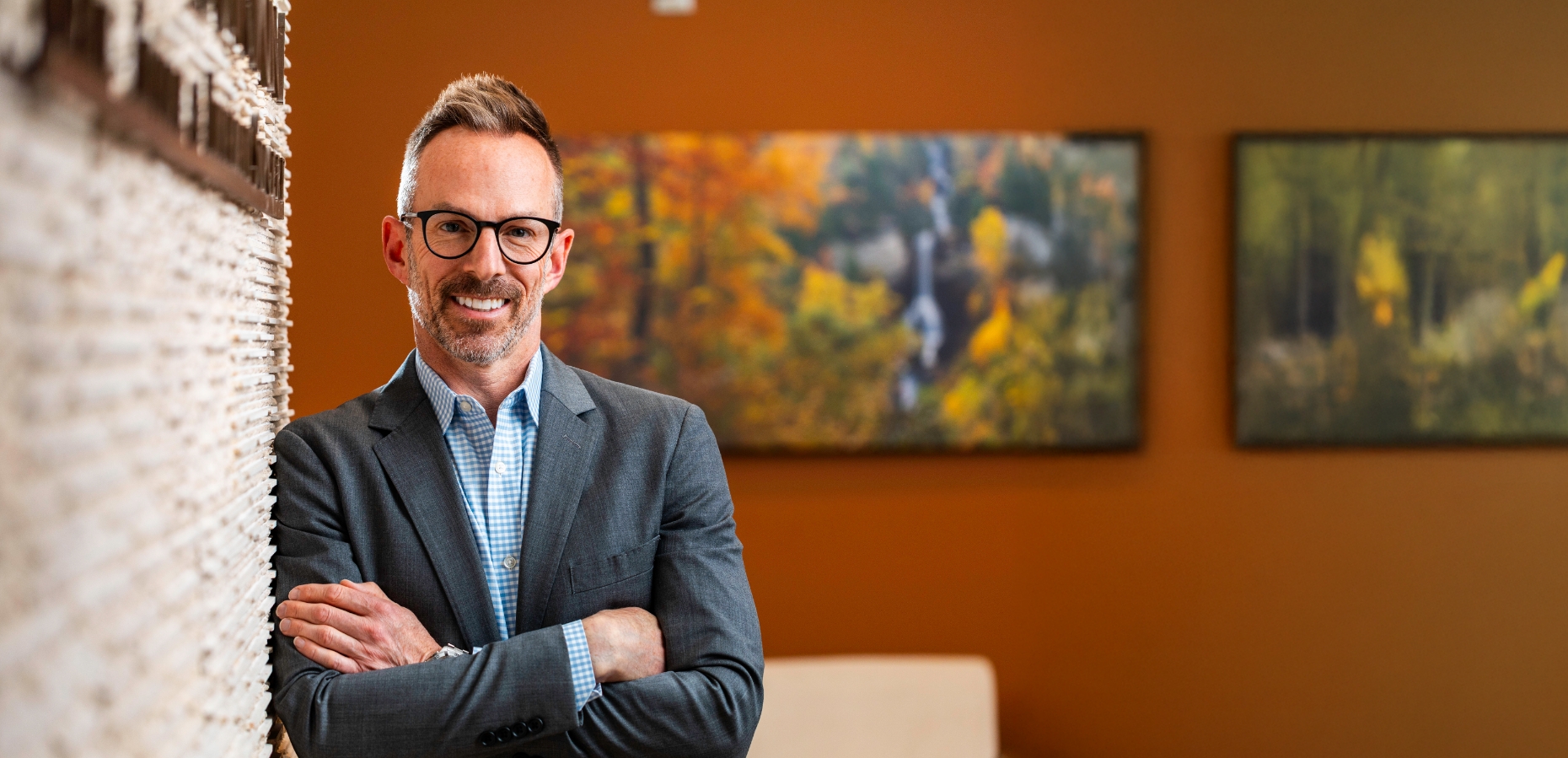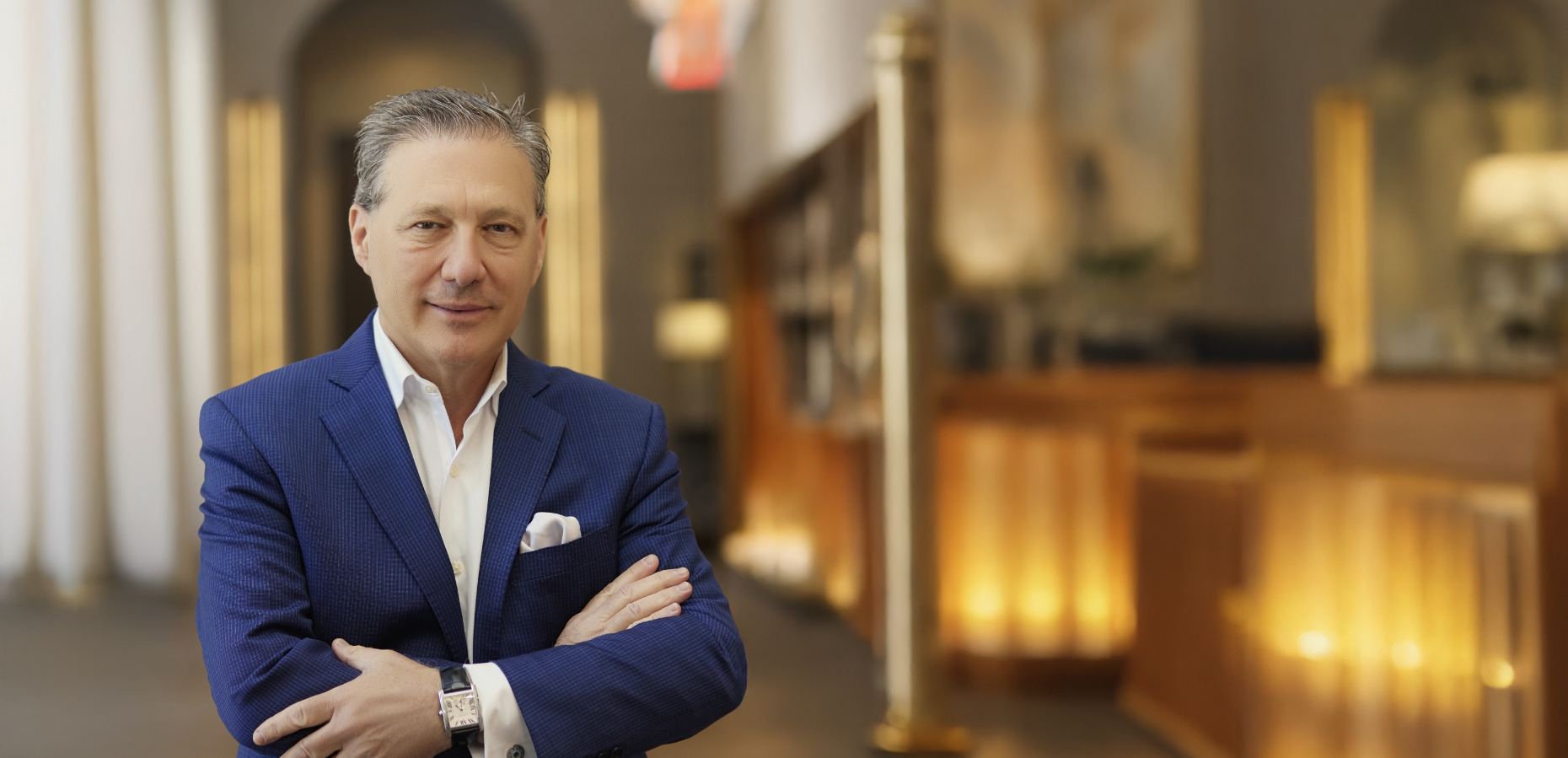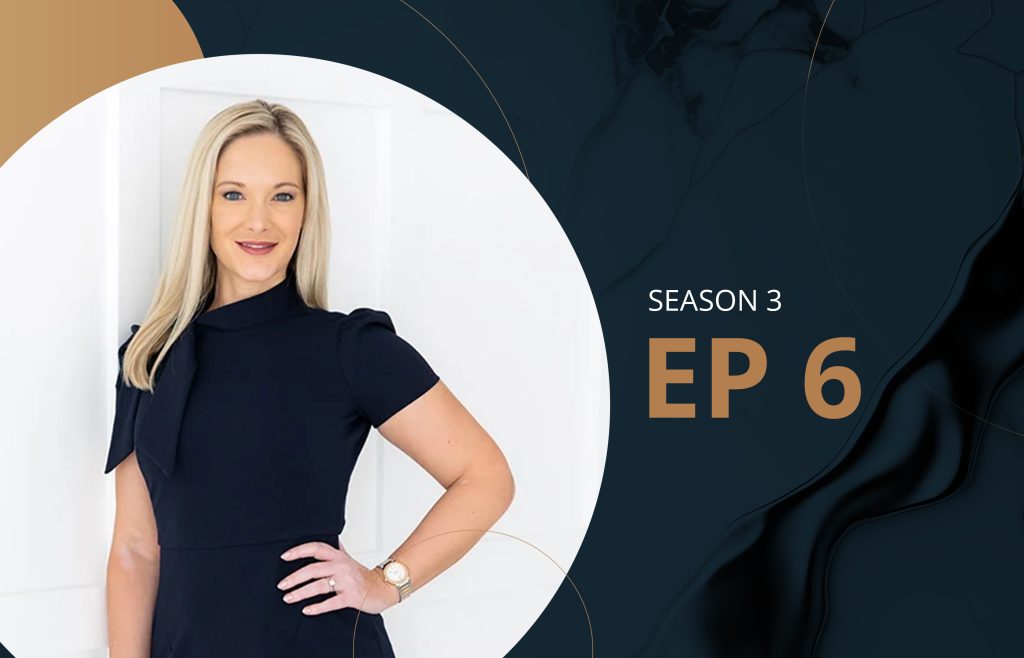Dr. George Sanders: Restoring Confidence Through the Human Side of Plastic Surgery

As a board-certified plastic surgeon in Los Angeles with decades of experience, Dr. George Sanders has built a career on more than surgical skill alone. Known for his deep understanding of the connection between appearance and self-esteem, Dr. Sanders blends medical precision with genuine compassion, earning the trust of generations of patients.
In this Ailm Atelier™ interview, Dr. Sanders reflects on the unique marriage of medicine, aesthetics, and psychology that drew him to plastic surgery and the principles that guide his care.
Top Doctor December 2025
Interviewer:
What drew you to the world of aesthetic medicine and ignited your passion for helping people transform?
Dr. Sanders:
As a third-year medical student at Harvard, I was invited by a British plastic surgeon to observe his practice. Inside his consultation room, I listened as patients shared their personal stories and aspirations. It was there that I discovered that plastic surgery offered something rare—a seamless blend of medicine, science, and artistry.
Later, during my general surgery residency at UCLA, I rotated through plastic surgery again. What struck me most was the transformative effect surgery could have on a patient’s self-image. Issues that might take years to address in psychotherapy could sometimes be significantly improved in just a few hours in the operating room.
I began to think of plastic surgery as “surgery of the mind,” not because we operate on the brain, but because of the profound way it can reshape how someone feels about themselves and how they live their life. That understanding has been at the heart of my passion for the field ever since.
Interviewer:
How do you consider the whole person when developing treatment plans?
Dr. Sanders:
For me, it begins with listening. I spend a good portion of my initial consultation just talking about who they are, what kind of life they lead, their values, and their concerns. This helps me understand not only what they want physically, but also what will serve them emotionally and psychologically.
By knowing a patient well, I can customize their care plan. Sometimes that means adjusting the “standard” surgical approach to better fit their unique needs because the psychological benefit outweighs the change in technique.
Trust is also critical. I make a point of being honest if I believe a particular procedure won’t meet their expectations. It’s better to have that candid conversation up front than to overpromise and underdeliver.
Interviewer:
If you could summarize your philosophy into a few key principles, what would they be?
Dr. Sanders:
Honesty, skill, and trustworthiness.
Skill is essential; you have to be able to deliver technically. But experience is just as important because it gives you the ability to choose the right procedure for the right patient, anticipate potential challenges, and respond quickly if an issue arises.
Honesty builds trust, and without trust, no patient-doctor relationship can truly succeed. I tell patients what I believe will work for them, and I’m upfront about what won’t.
Finally, I believe that true beauty is a combination of external appearance and internal well-being. My role is to enhance the outside while encouraging patients to nurture their inner sense of self.
Interviewer:
Can you recall a patient encounter that deeply moved you and helped shape how you approach your work?
Dr. Sanders:
One patient I’ll never forget was a woman who had struggled with her appearance since her teenage years due to excessively large breasts. Over the years, she underwent multiple surgeries, including reductions, augmentations, and implant removals, each time hoping for resolution, but each time facing complications or disappointment.
When she came to me, her self-image had been battered by years of dashed expectations. We performed a breast reduction and reshaping that finally gave her the natural, balanced result she’d been seeking.
Her reaction was deeply moving. She told me she no longer felt ashamed of her body and that she finally felt at peace with her appearance.
For me, it was a powerful reminder of the privilege we have in plastic surgery. People come to us with their most personal insecurities, and in a matter of hours, we can sometimes change the way they see themselves for the rest of their lives. The key is truly understanding the patient so the surgical plan aligns with their needs and expectations.
“When I was a young teen, my breasts grew suddenly and way too fast. Before I knew it, I was a G cup—and let me tell you, that’s not exactly fun when you’re 16 and just trying to have a normal social life. I couldn’t exercise comfortably, I couldn’t wear regular clothes, and it definitely affected my relationships. By the time I was 18, I decided to have a breast reduction.
Unfortunately, there were complications, and I ended up with two breasts of different sizes. At 21, I went in for another surgery, hoping to fix it—but this time, I ended up way too small. I was devastated. Years later, I finally worked up the courage to get a breast augmentation. At first, it was okay… but over time, I gained some weight, and I was back to feeling way too large again.
That’s when a friend told me about Dr. Sanders—and honestly, the experience was like night and day compared to every doctor’s office I’d been in before. He really listened to me and understood what I wanted. He reduced my implant size, removed internal scar tissue, and gave me a lift. Now? I’m ecstatic! I love how I look, I’m no longer ashamed of my body, and my self-esteem has soared. I’m wearing clothes I never would’ve dreamed of before surgery.” – Beau P.
Interviewer:
What key takeaways do you hope Ailm Atelier™ readers will gain from your story?
Dr. Sanders:
Being a doctor is about more than applying science to a procedure—it’s about understanding the person in front of you. Plastic surgery is, in many ways, a psychological specialty. We’re helping patients transform how they perceive themselves, which in turn shapes how they live their lives.
My decades of experience have given me both technical expertise and a deeper appreciation for the human side of surgery. I’ve had the privilege of caring for four generations within the same family, and I’ve performed the full spectrum of plastic surgery procedures.
Whether it’s a facelift, breast procedure, or body contouring, my goal is always the same: deliver results that feel authentic to the patient, align with their lifestyle, and leave them feeling more confident in their own skin.


